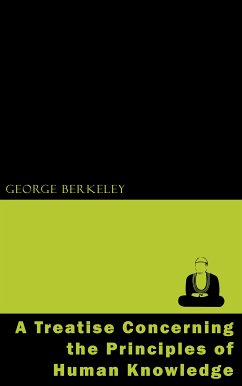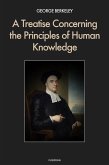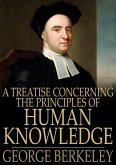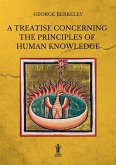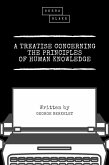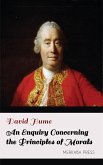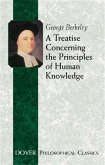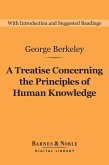"e;A Treatise Concerning the Principles of Human Knowledge"e; is one of Berkeley's best known works and in it Berkeley expounds upon this idea of subjective idealism, which in other words is the idea that all of reality, as far as humans are concerned, is simply a construct of the way our brains perceive and according to Berkeley no other sense of reality matters beyond that which we perceive.
Dieser Download kann aus rechtlichen Gründen nur mit Rechnungsadresse in A, B, BG, CY, CZ, D, DK, EW, E, FIN, F, GR, H, IRL, I, LT, L, LR, M, NL, PL, P, R, S, SLO, SK ausgeliefert werden.

